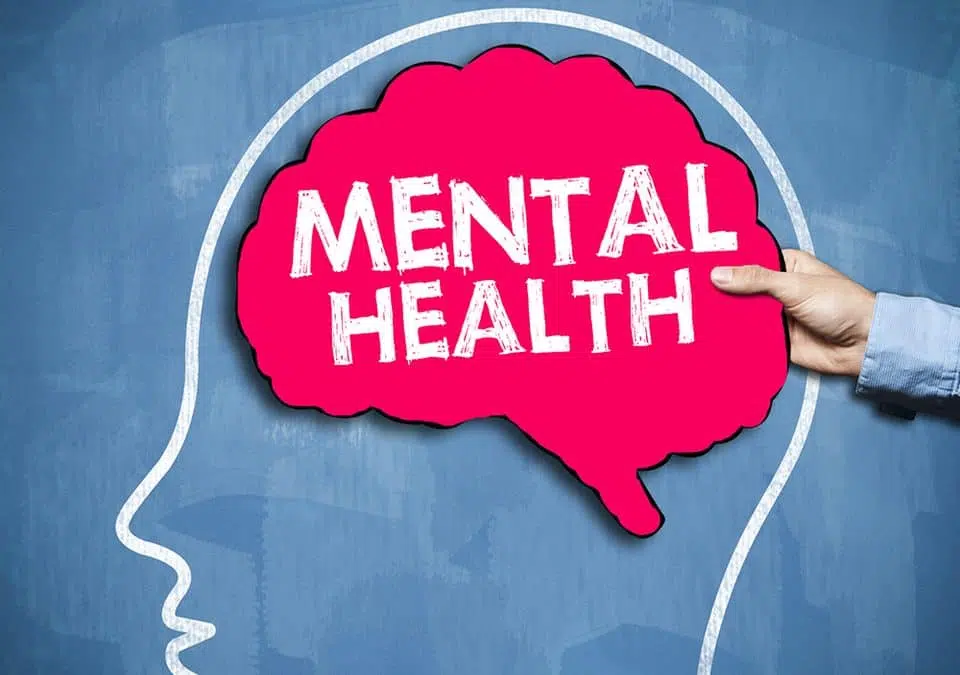Mental health is an essential part of our overall well-being, yet it is often overlooked or misunderstood. Just like physical health, mental health requires attention and care. In this blog, we will explore what mental health is, why it is important, and how we can maintain it.
What Is Mental Health?
Mental health refers to our emotional, psychological, and social well-being. It affects how we think, feel, and act in our daily lives. Good mental health helps us handle stress, relate to others, and make decisions. It is crucial at every stage of life, from childhood and adolescence through adulthood.
Why Is Mental Health Important?
- Overall Well-being: Mental health is a key part of overall health. When we are mentally healthy, we are more likely to feel happy, motivated, and confident.
- Daily Functioning: Good mental health allows us to handle the normal stresses of life, work productively, and contribute to our community.
- Relationships: Our mental health affects how we interact with others. Healthy mental states enable us to build and maintain strong relationships.
- Physical Health: Mental health and physical health are closely linked. Poor mental health can lead to or worsen physical health conditions like heart disease, diabetes, and obesity.
How to Maintain Good Mental Health
Maintaining good mental health is a continuous process. Here are some tips to help you stay mentally healthy:
- Stay Connected:
- Build and maintain strong relationships with friends and family.
- Don’t be afraid to talk about your feelings with someone you trust.
- Be Active:
- Physical activity releases endorphins, which can improve mood and reduce stress.
- Aim for at least 30 minutes of exercise most days of the week.
- Take Breaks:
- Make sure to take regular breaks from work or study to relax and recharge.
- Practice mindfulness or meditation to stay grounded and focused.
- Eat Well:
- A balanced diet can improve your mood and energy levels.
- Include plenty of fruits, vegetables, whole grains, and lean proteins in your meals.
- Get Enough Sleep:
- Quality sleep is crucial for mental health.
- Aim for 7-9 hours of sleep each night and maintain a regular sleep schedule.
- Seek Help:
- If you are feeling overwhelmed, anxious, or depressed, don’t hesitate to seek professional help.
- Therapists, counselors, and support groups can provide valuable support and guidance.
- Set Realistic Goals:
- Break tasks into smaller, manageable steps and celebrate your achievements.
- Setting realistic goals helps reduce stress and builds a sense of accomplishment.
- Avoid Harmful Substances:
- Avoid alcohol, drugs, and other substances that can negatively impact your mental health.
- Focus on healthy ways to cope with stress.
Conclusion
Mental health is a vital part of our overall well-being. By staying connected, being active, taking breaks, eating well, getting enough sleep, seeking help, setting realistic goals, and avoiding harmful substances, we can maintain good mental health and improve our quality of life. Remember, it’s okay to ask for help when you need it. Taking care of your mental health is just as important as taking care of your physical health. Let’s commit to making mental health a priority today and every day.


